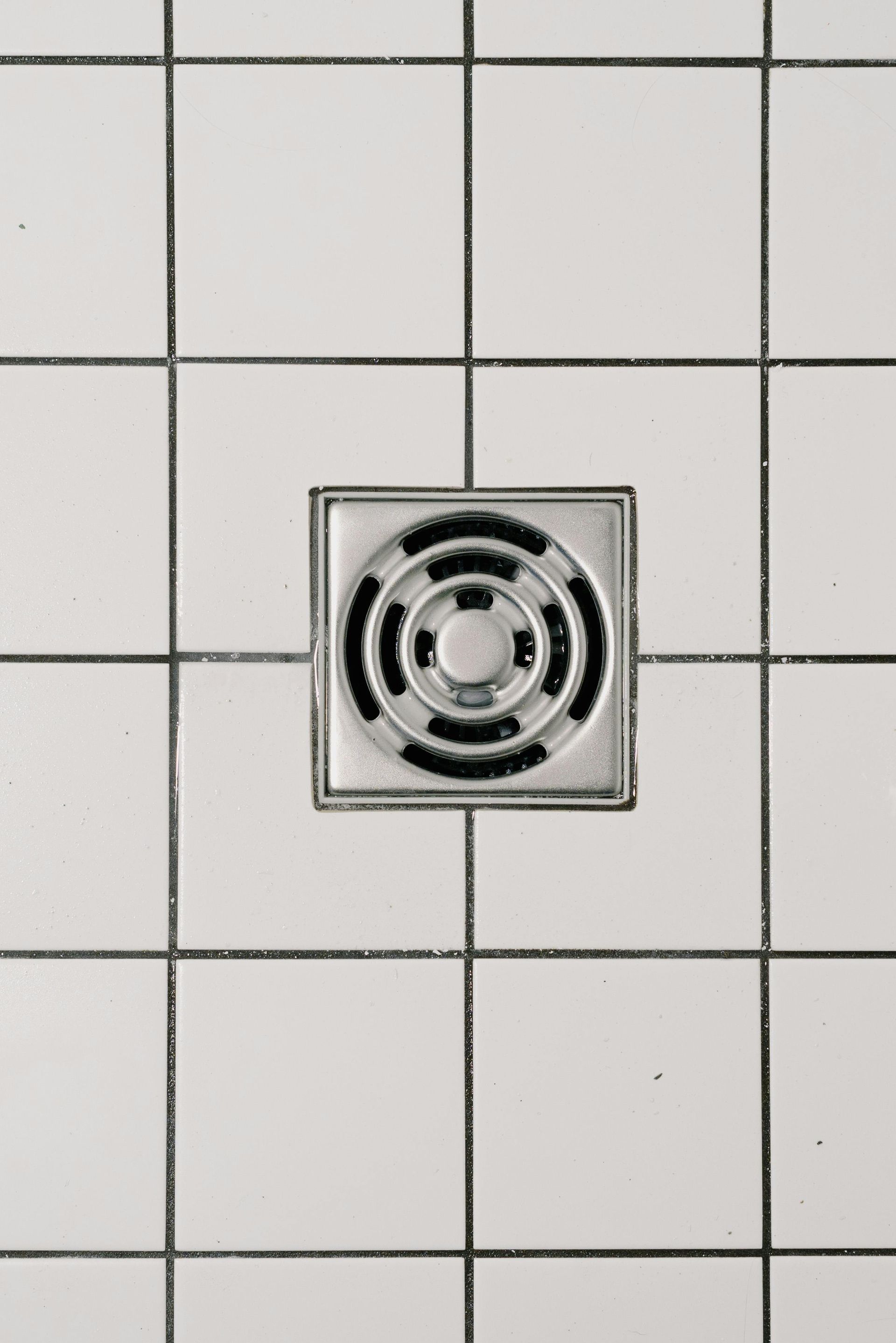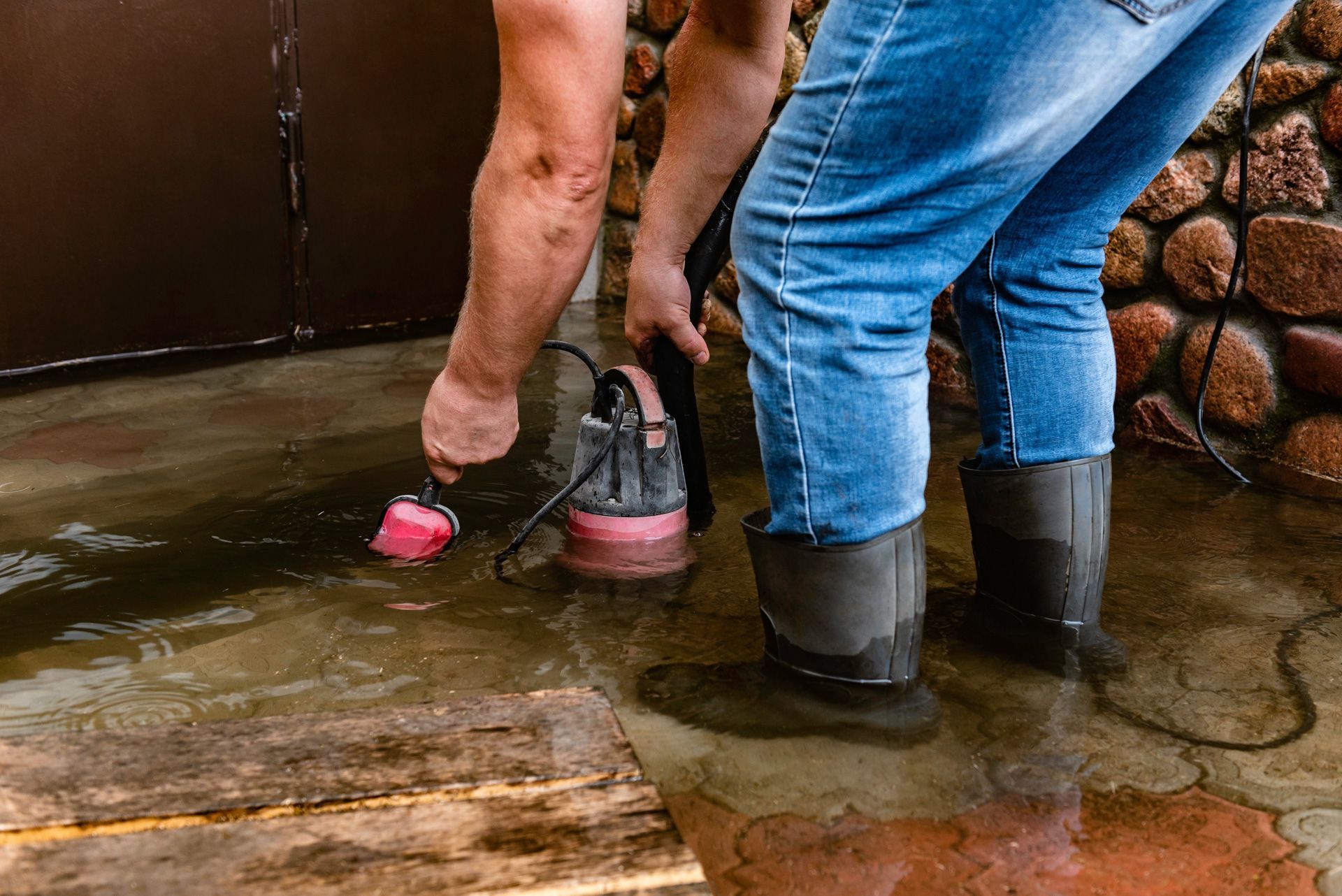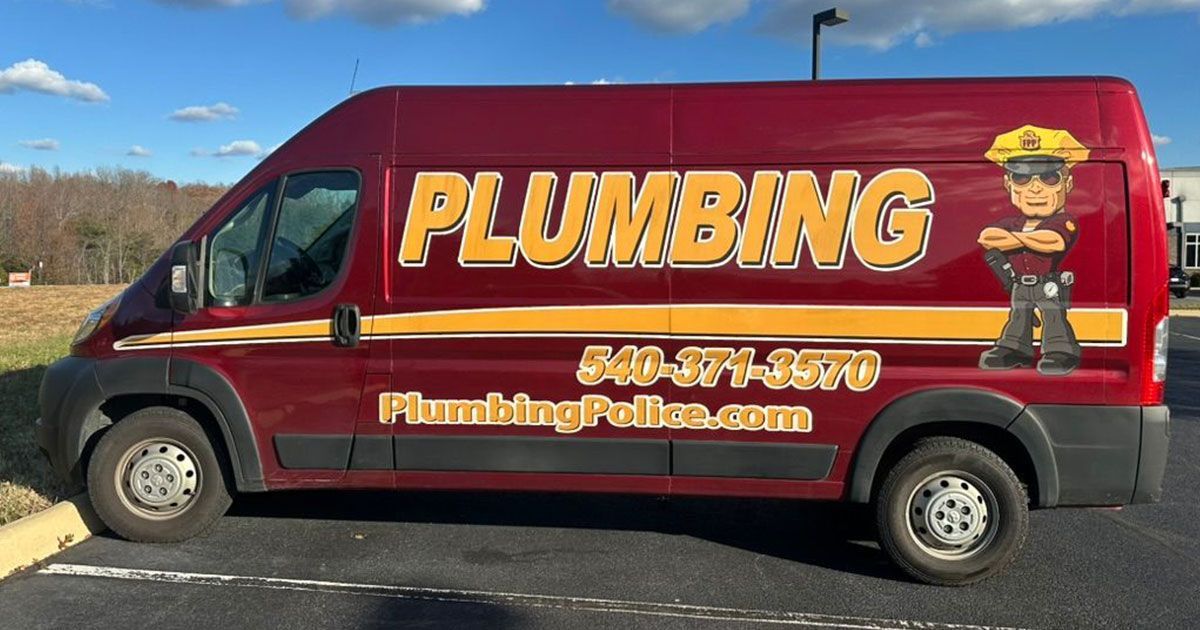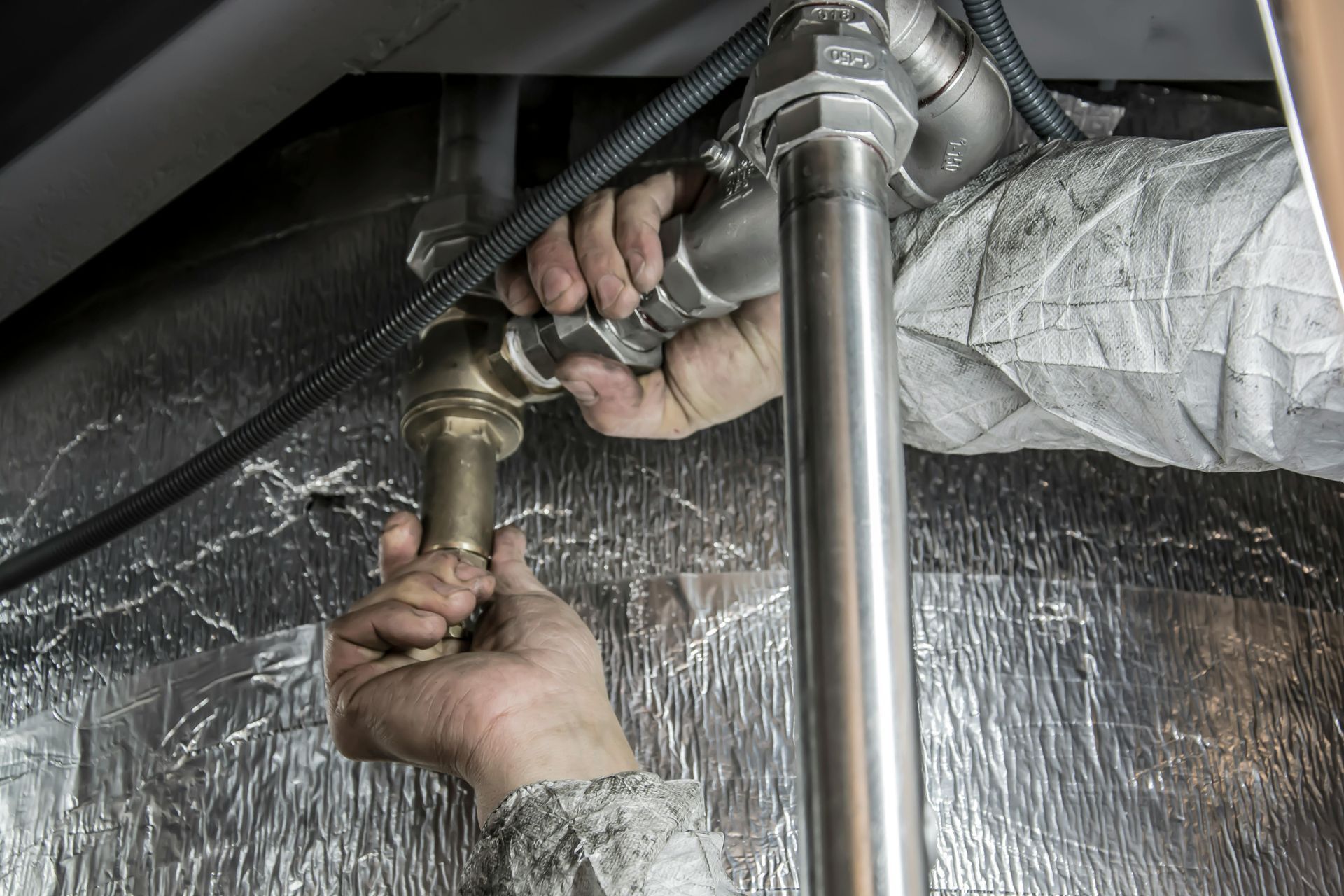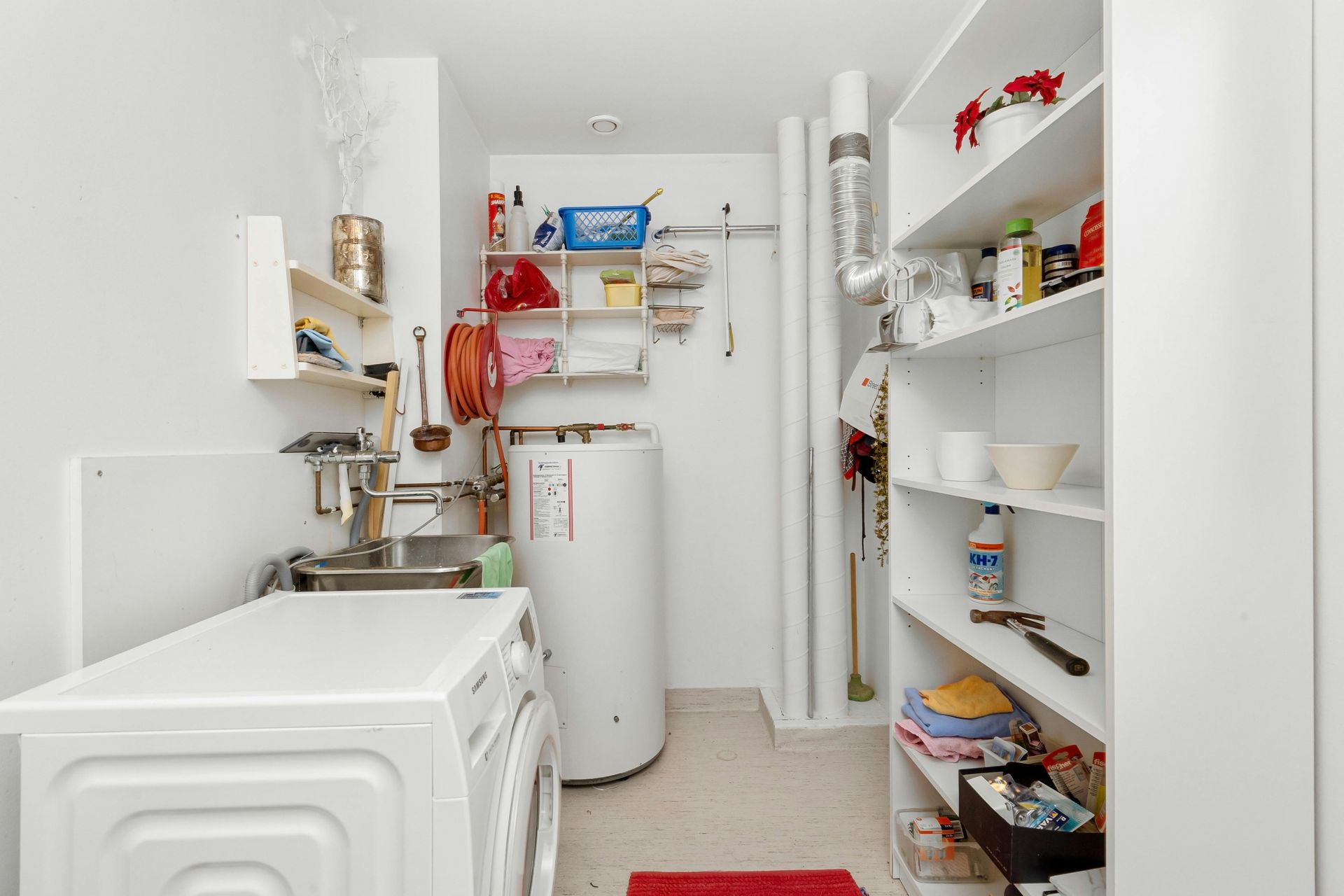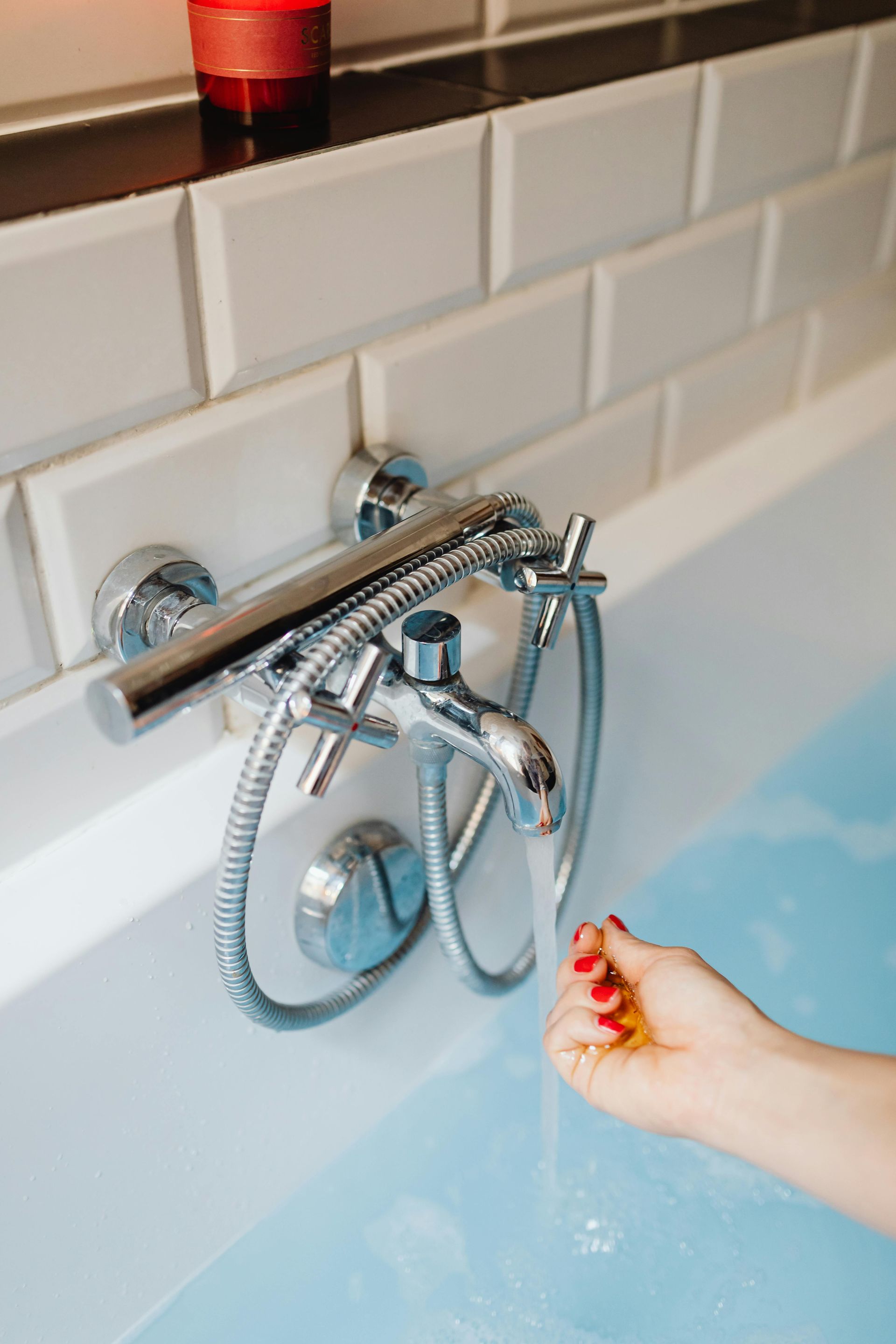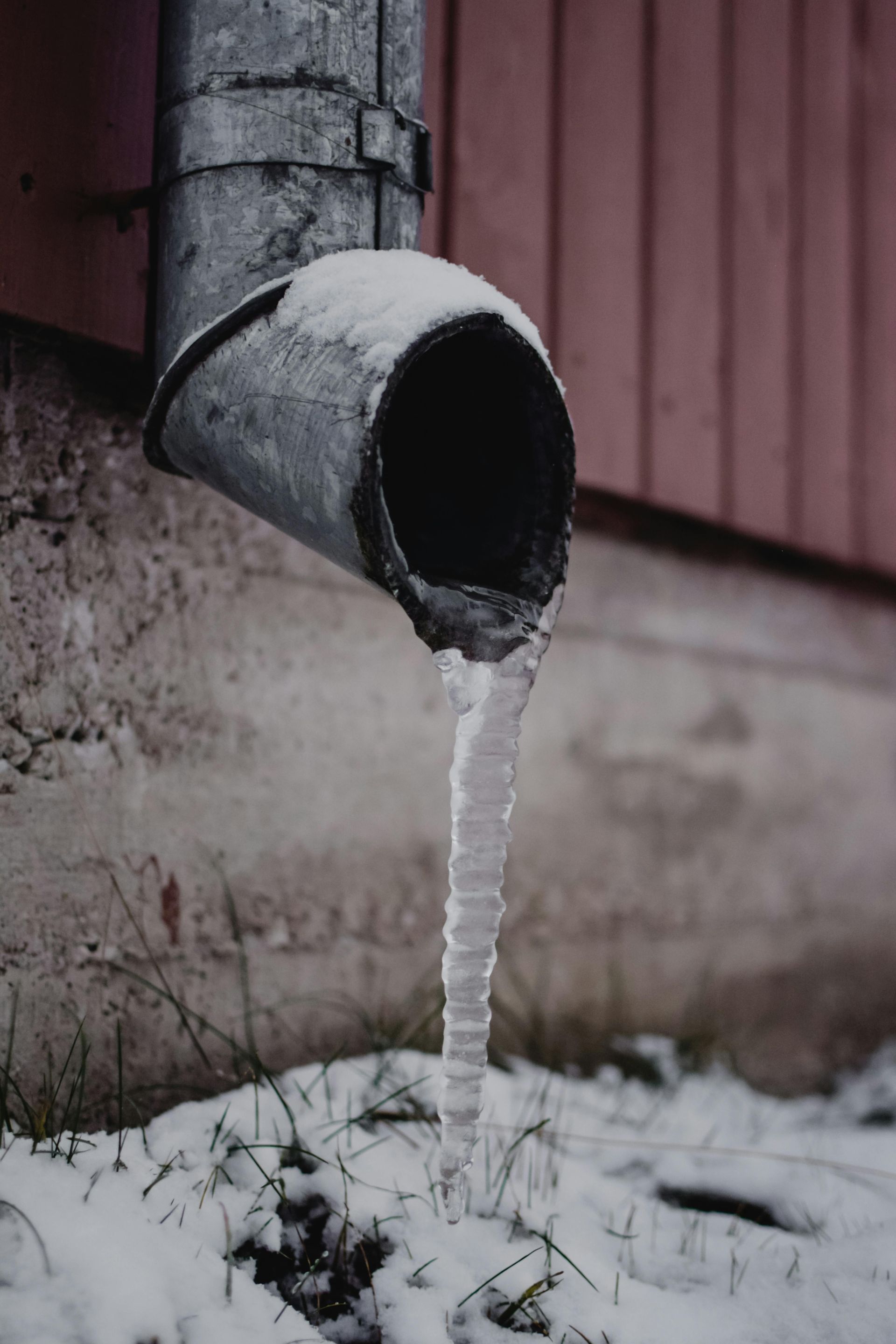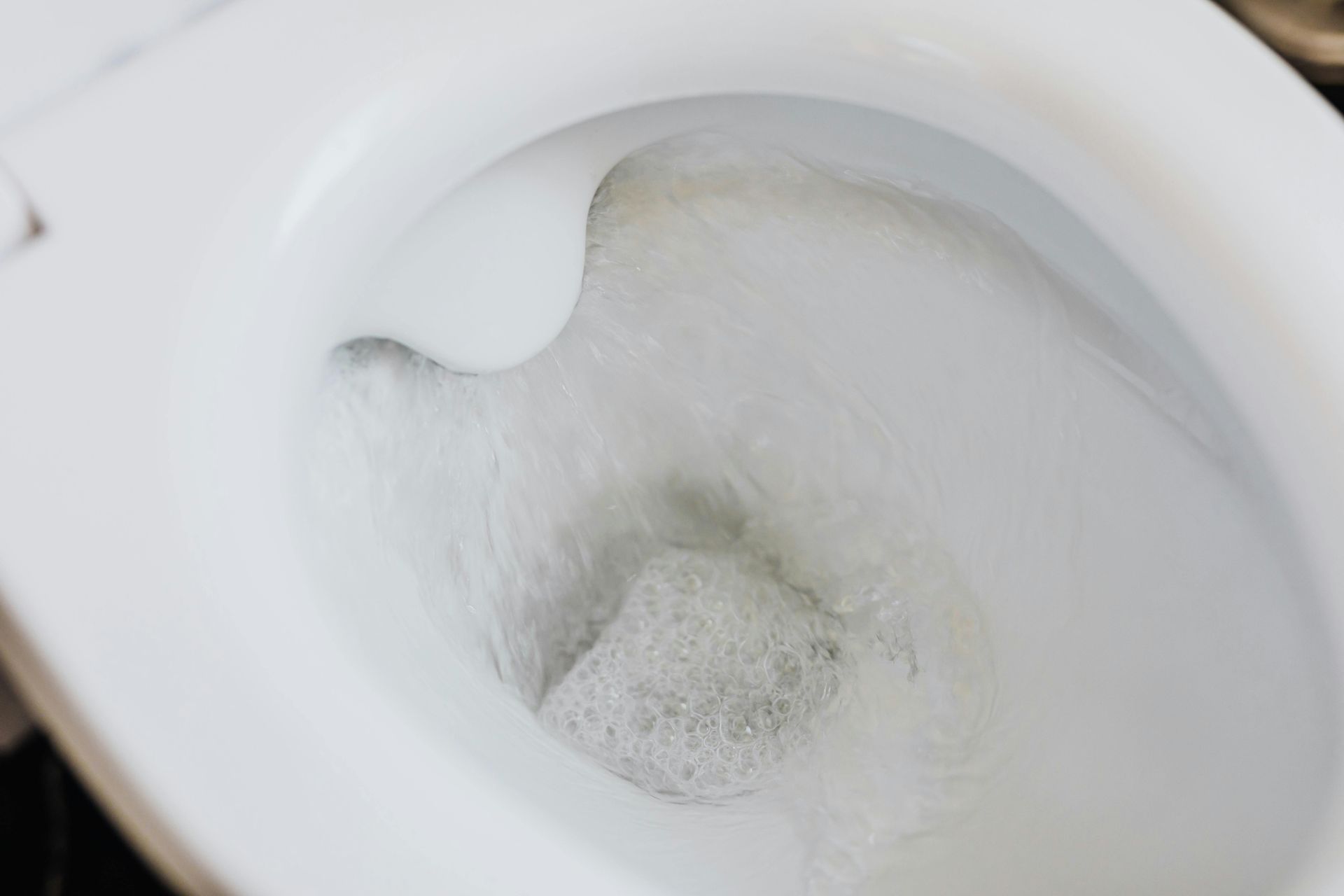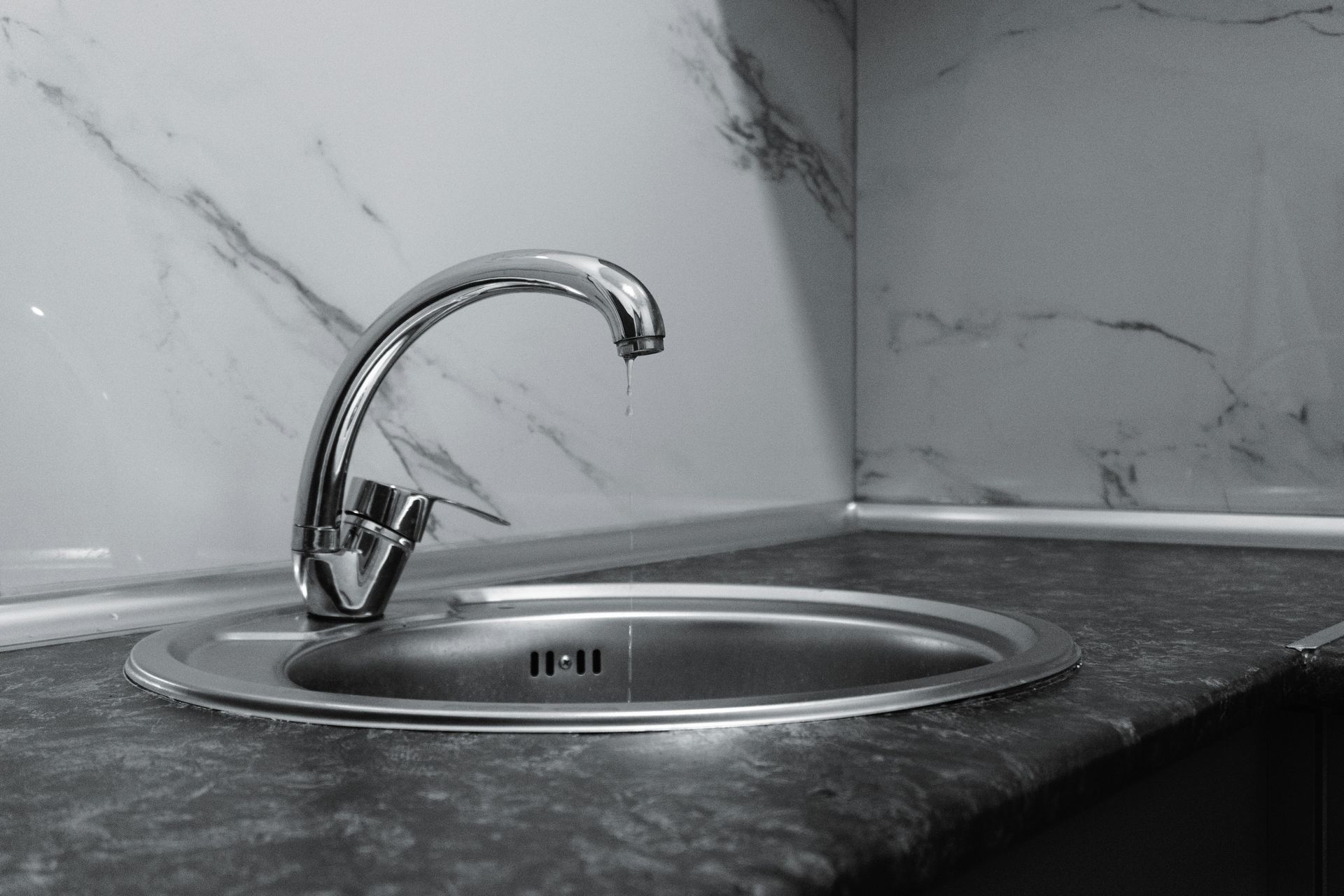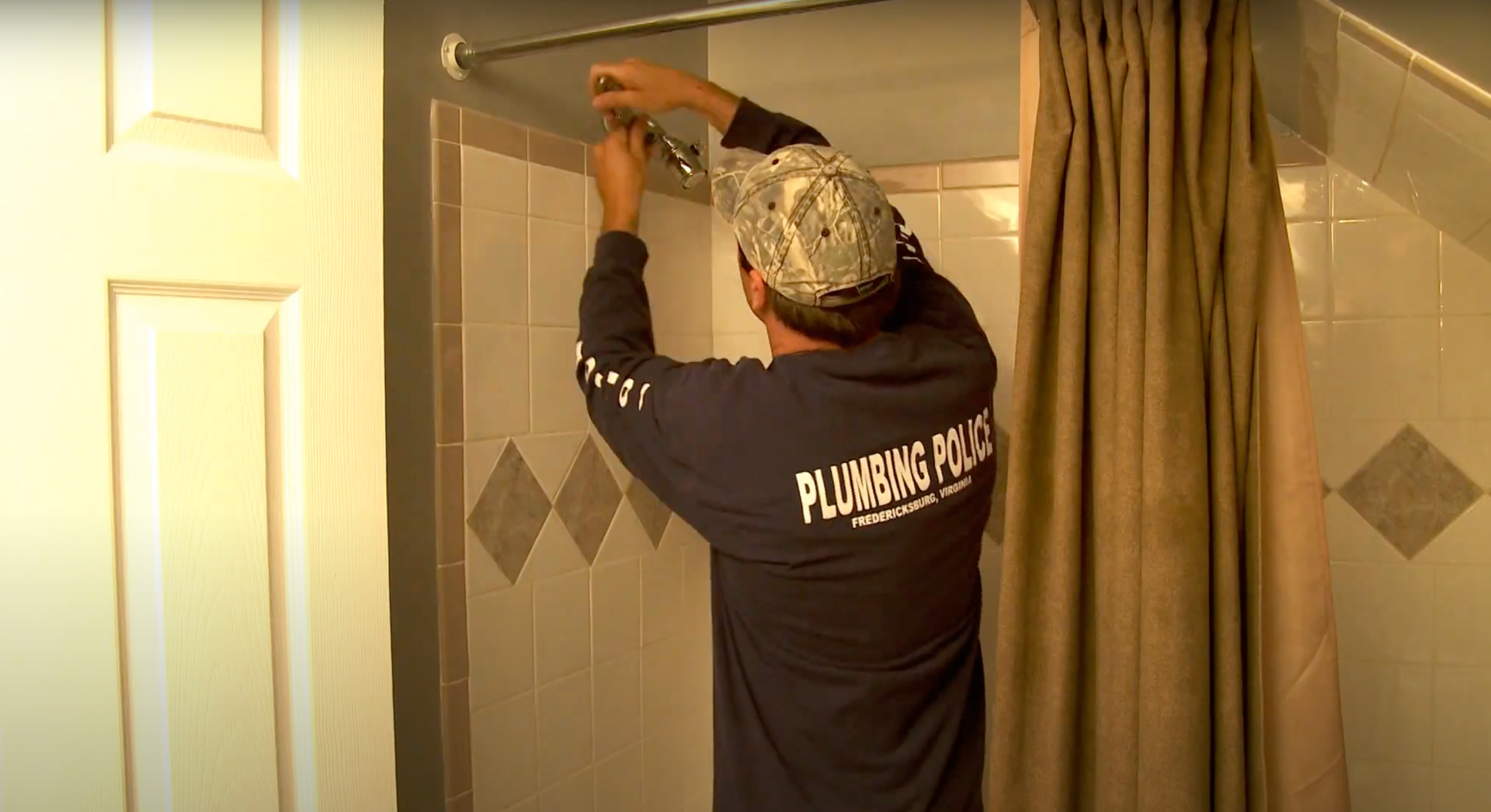Summer Plumbing Checklist for Homes in Spotsylvania and Stafford
Summer Plumbing Checklist for Homes in Spotsylvania and Stafford
Summer places significant demands on residential plumbing systems throughout Spotsylvania, Stafford, and Fredericksburg areas. Increased water usage from lawn irrigation, guest visits, and seasonal storms can strain pipes, drains, and appliances beyond their normal capacity. A comprehensive summer plumbing checklist helps homeowners identify potential issues before they become costly emergency repairs.
This preventive maintenance guide addresses the most common warm-weather plumbing challenges specific to Virginia climate conditions and local plumbing systems.
Outdoor Spigot and Hose Bib Inspection
Outdoor faucets experience heavy use during summer months for garden hoses, sprinkler systems, and pressure washing equipment. These fixtures can develop wear, cracks, or leaks over time, leading to water waste and potential foundation damage or pest attraction.
Essential inspection points include checking for steady drips or moisture accumulation around spigot areas, testing water pressure to identify any significant reduction in flow, and examining hose connections for proper tightness and visible cracking.
Early identification of wear signs allows for timely repairs before damage spreads to surrounding areas or affects water pressure throughout the system.
Drain Cleaning and Maintenance
Summer months typically bring increased shower frequency, additional laundry loads, and more meal preparation both indoors and outdoors. This elevated activity results in more food debris, grease, and hair entering drain systems, creating conditions for clogs and backups.
Preventive measures include installing drain screens in showers and kitchen sinks to catch debris before it enters pipes, avoiding disposal of grease or cooking oils through drain systems, and scheduling professional drain cleaning for properties with previous clog issues.
Regular drain maintenance prevents minor buildup from developing into complete blockages that require emergency service calls.
Washing Machine Hose Evaluation
Summer laundry demands increase significantly with sweaty clothing, pool towels, and general household items requiring more frequent washing. Rubber washing machine hoses experience additional stress from overuse and elevated temperatures, making them susceptible to wear, bulging, or sudden failure.
Key inspection areas include checking for visible cracks or deterioration on supply hoses, identifying damp spots around the machine base that might indicate slow leaks, and feeling for bulging areas that indicate weakening hose walls.
Washing machines over five years old benefit from upgrading to braided stainless steel hoses and ensuring all connections maintain proper tightness.
Sump Pump Testing and Preparation
Summer thunderstorms can develop rapidly and produce significant rainfall in short periods. Sump pumps protect basements and crawlspaces from flooding during these weather events, but their functionality often goes untested until emergency situations arise.
Proper testing involves pouring water into the sump pit to simulate rising groundwater, observing the float mechanism to ensure proper activation, and listening for unusual noises or sluggish pump operation that might indicate mechanical problems.
Regular sump pump maintenance ensures reliable operation when sudden storm conditions create flooding risks.
Hidden Leak Detection
Small leaks frequently remain undetected until they cause substantial damage or create conditions for mold growth. Summer humidity and increased water usage can accelerate leak progression and associated damage.
Critical inspection areas include spaces under sinks and around toilet bases, areas behind washing machines where supply lines connect, zones around water heater bases where tank or connection leaks might occur, and basement or crawlspace plumbing lines where leaks might not be immediately visible.
Signs of hidden leaks include damp spots without obvious sources, discolored drywall or ceiling materials, and unexplained moisture or humidity increases in specific areas.
Water Heater Maintenance
Hot weather conditions do not reduce water heater demands in most homes. Increased occupancy and shower frequency during summer months can actually increase hot water system stress. Annual water heater flushing removes sediment accumulation that affects performance and efficiency.
Regular maintenance benefits include improved energy efficiency and reduced utility costs, extended equipment lifespan through reduced corrosion and wear, and prevention of rust formation that can affect water quality and system operation.
Sediment buildup at tank bottoms reduces heating efficiency and can cause premature component failure if not addressed through regular maintenance.
Sewer Line Problem Identification
Summer storm patterns can overwhelm aging or partially blocked sewer systems, particularly in older residential areas. Tree root activity increases during warmer months as roots seek moisture sources, potentially causing sewer line intrusion and blockages.
Warning indicators include gurgling sounds from drains during water usage, persistent foul odors from sinks or bathtub drains, recurring toilet backup issues, and unexplained water pooling in yard areas above sewer line locations.
Early identification of sewer problems prevents extensive backups and potential health hazards associated with sewage overflow situations.
Water Bill Monitoring
Monthly utility bills often provide the first indication of hidden plumbing leaks through unusual usage increases. Comparing current summer usage to previous year data helps identify abnormal consumption patterns that might indicate system problems.
Significant usage increases without corresponding changes in household water habits typically indicate leak situations that require professional inspection and repair.
Regular bill monitoring allows for early leak detection before minor issues develop into major system failures.
Water Pressure Assessment
Proper water pressure maintains system efficiency while preventing damage to appliances and fixtures. Low pressure conditions might indicate leaks or blockages, while excessive pressure can damage appliances and cause pipe failures.
Water pressure testing using a gauge at outdoor spigots provides system-wide pressure readings. Pressure readings exceeding 80 PSI require attention through pressure regulation equipment to prevent system damage.
Maintaining proper pressure levels protects plumbing components and ensures reliable water delivery throughout the home.
Professional Mid-Year Plumbing Inspection
Licensed plumbing professionals can identify developing problems that homeowners might overlook during routine maintenance activities. Comprehensive inspections evaluate system components before minor issues become emergency situations.
Professional inspection services typically include leak detection throughout the system, drain condition assessment and cleaning recommendations, fixture performance evaluation and adjustment, water heater status review and maintenance needs, and sewer and sump system functionality testing.
Mid-year inspections represent preventive investments that help avoid costly emergency repairs and ensure continued system reliability throughout peak summer usage periods.
Regular professional maintenance helps ensure plumbing systems can handle increased summer demands while maintaining efficiency and preventing unexpected failures that could disrupt household activities during the busiest season of the year.
